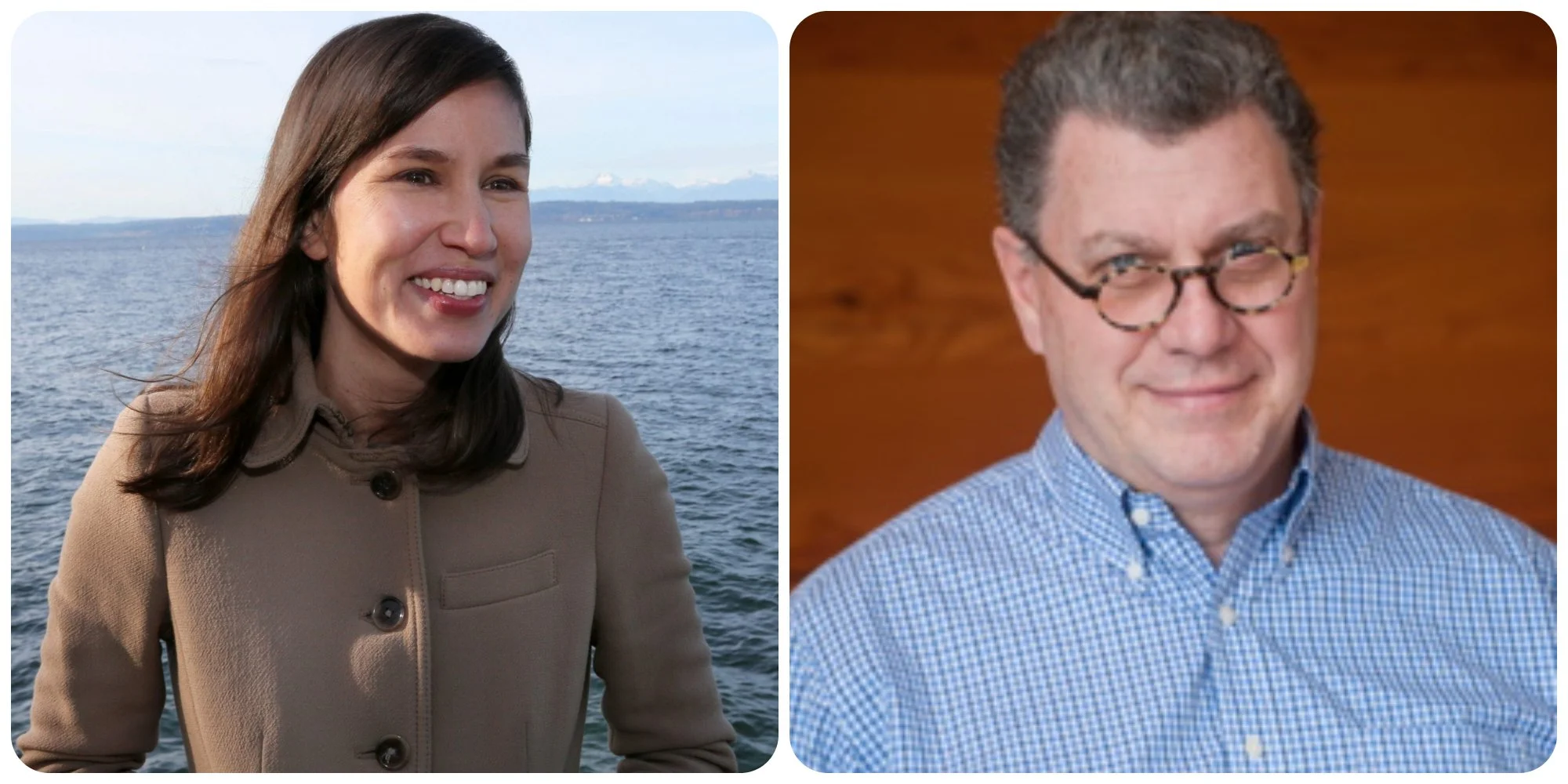We’re excited to introduce you to two newest members of the SeaDoc Society’s Scientific Advisory Board—a crucial part of our work here in the Salish Sea. Before we properly introduce Sunny Jardine and Nicholas Georgiadis, let’s say farewell to three outgoing Science Advisors that have lent SeaDoc their expertise for a combined 50 years! Huge thanks from our whole team!
SeaDoc Adds to its All-Star Science Team
By Bob Friel
There’s a world of difference between West Africa and the Salish Sea, between the steamy equatorial jungle habitat of pygmy hippos and zebra duikers, and the Pacific Northwest’s temperate rainforests and chilly waters aswim with salmon and orcas. But Dr. Ken Currens, SeaDoc’s newest addition to our team of Science Advisors, has called both places home.
Ken Snow
Growing up amid Liberia’s remarkable biodiversity sparked Ken’s interest in conservation, an awareness that became a calling after moving to Oregon and earning his PhD in fisheries. Since coming to the shores of the Salish Sea in 1995, Ken has worked for the Northwest Indian Fisheries Commission (NWIFC), which is the natural resource management organization of Washington State’s 20 treaty tribes. Currently he serves as manager of the NWIFC's Conservation Planning Program.
Ken’s scientific specialties include phylogeography, a field combining genetic and spatial study that’s proved critical to Salish Sea salmon conservation and Endangered Species Act listings by determining which Evolutionary Significant Units (ESUs - a.k.a. stocks) are reproductively isolated by watersheds and seasonal runs. When he's not working, Ken takes full advantage of the region’s outdoor attractions and is an active mountain climber, skier, and fisherman.
Much of Ken’s scientific work has been precisely aligned with SeaDoc’s mandate to do great science and get it in the hands of managers and policy makers so they can make well-informed decisions. In addition to working for the Northwest Indian Fisheries Commission, Ken has also worked as Science Director for the Puget Sound Partnership (PSP) and has served on multiple endangered species recovery teams, science panels, and scientific journal editorial boards. He joins our team of advisors that have been chosen from the top scientists on both sides of the border to ensure our work has the greatest reach and effect possible on the welfare of the Salish Sea.
And SeaDoc’s scientific advisory board doesn’t just exist as degree-plastered window dressing! We count on all of these highly accomplished scientists to help us prioritize our research and review grant proposals from researchers seeking funding that we provide, with your support, through the SeaDoc Society Competitive Grants program.
Ken’s scientific background and expertise brings a valued new voice and a wealth of experience. “I’m thrilled,” says Ken, “to be working with one of the most effective small nonprofits supporting Salish Sea science and restoration.”
Please help us welcome him aboard the SeaDoc all-star science team!




